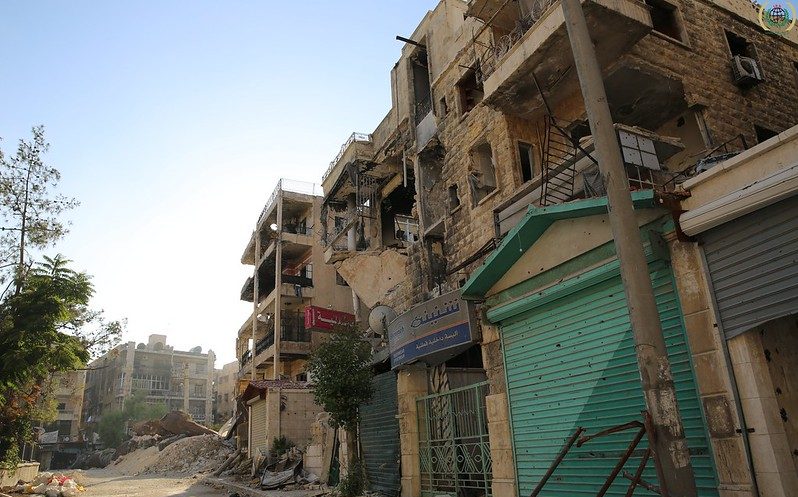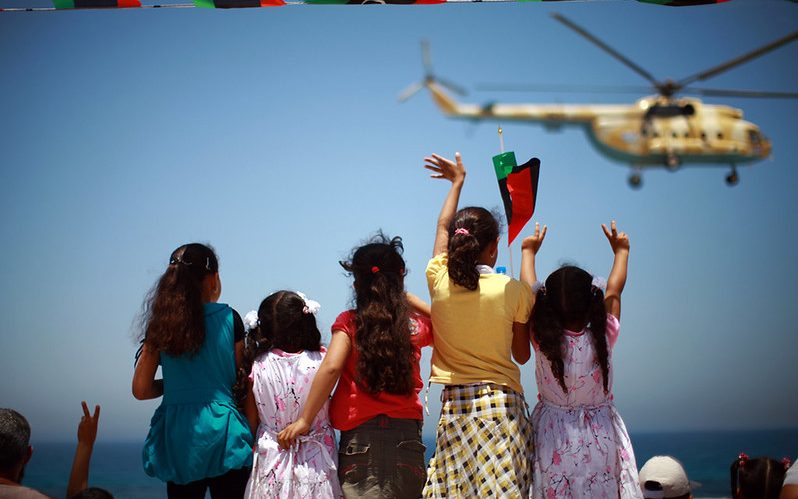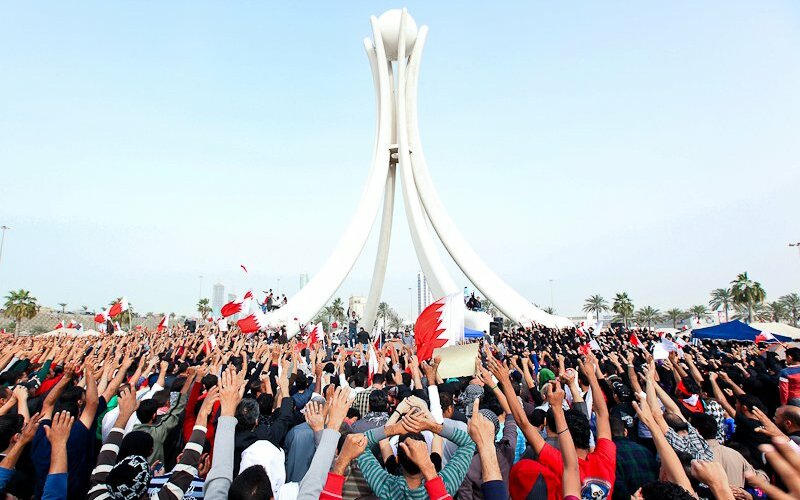
The Impact of Citizen Journalism in Syria
In 2011, during the “Arab Spring”, groups of citizens in the Arab world started to protest their national governments. To have better inter-group communication and to organise public rallies and protests, citizens used social media platforms. Those directly involved in these events reported everything on social media, becoming sort of reporters, warning the world of what was happening in real-time. This article analyses the media coverage of the Syrian civil war, with a closer look at cases of citizen journalism and the effects on Syrian citizens.

‘It’s the economy, stupid!’ – EU neoliberal reforms and democracy promotion in Egypt
The European Union’s approach and support to the MENA has mainly focused on economic stability and neoliberal reforms. Several scholars argued that these neoliberal policies exacerbated the people’s despair over their own economic situation, partially causing the Arab Uprisings on 2010/11. Nonetheless, in the years after the Uprisings, the EU continued to emphasise the promotion of “deep democracy” in combination with economic reforms. By analysing the European Union’s Single Support Framework for Egypt for 2017-2020, this article shows that economic development and the implementation of neoliberal reforms still remain the focus of the EU’s approach to the region. Moreover, the EU assumes a spillover effect from economic development to democratisation by equating these two.

The Arab Uprisings: Causes, course and consequences
2010/2011 mark the years of the so-called Arab Uprisings, which describe the series of civic, political upheavals and demonstrations that erupted in several countries of the MENA region. The protest that shook the Arab world had widespread consequences for the region – in some countries leading to civil wars that evolved into proxy wars between global powers, leaving people displaced, wounded or dead – leading to Europe’s biggest “refugee crisis” in decades. The uprisings started with the hope to achieve stable democracies and shake off authoritarian, corrupt leaders – a goal which has only in Tunisia, if at all, been reached. It remains questionable how long the conflicts will continue and whether peace can be achieved and stable democracies built anytime soon.

